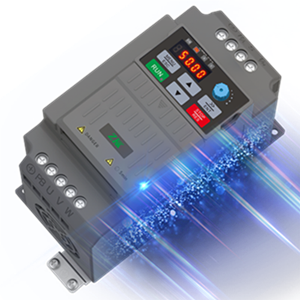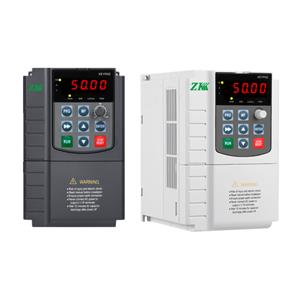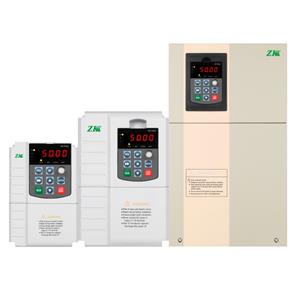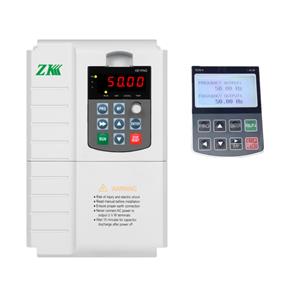Solar Pump Inverter in Vegetable Garden Management
Executive Summary
Vegetable garden cultivation is a cornerstone of both localized domestic production and large-scale commercial agriculture, playing a pivotal role in supplying fresh produce and bolstering food security measures. A paramount factor in the operation of a high-yielding vegetable garden is the assurance of a proficient and steadfast irrigation system. Recent strides in eco-friendly innovation have precipitated the incorporation of solar-powered variable frequency drives into the architecture of water pump mechanisms, thus pioneering a sustainable methodology to the perennial imperative of efficient vegetable garden irrigation. This discourse analytically presents a use-case scenario wherein the application of a solar-powered variable frequency drive system was actualized within a vegetable garden infrastructure, elucidating the system's multifaceted advantages and operative capabilities.
Technological and Environmental Context
Dependence upon conventional electricity or diesel-fueled pumping apparatuses for vegetable garden irrigation purposes incurs considerable fiscal and ecological detriments. Heightened awareness of carbon footprints and the escalation of energy expenditures have propelled vegetable garden managers towards the adoption of environmentally benign alternatives. Solar photovoltaic energy systems, characterized by their perpetual availability and nominal operational expenditure, have surfaced as the quintessential power source for irrigation regimes. The synergy of a variable frequency drive with a solar photovoltaic energy system enables precision in the modulation of pump velocities, culminating in tailored water delivery for vegetable cultivars with the concurrent abatement of superfluous energy consumption.
Case Study Execution
In the context of a suburban communal vegetable garden project, a solar photovoltaic energy system with a 10-kilowatt capacity was instituted to actuate a water pump, effectively phasing out a deprecated diesel-driven system. The incorporation of a variable frequency drive served as the lynchpin of this rejuvenated configuration, interfacing with the solar photovoltaic energy system and the submersible pumping unit. The variable frequency drive's primary function entailed transducing the solar-generated direct current to a utilitarian alternating current, which, in turn, modulated the pumping apparatus' velocities in direct response to the nuanced irrigation demands of the vegetable garden.
Operational Proficiency
The deployment of the variable frequency drive system precipitated substantial enhancements in vegetable garden water management practices. Variable frequency drives introduce a gradual commencement of pump action, mitigating mechanical exertion and thereby prolonging the operational viability of the equipment. The granular velocity modulation capacitated continual surveillance and calibration of water output, optimizing the irrigation schema to coincide with variable plot-specific requirements pertinent to plant species, growth stages, and soil moisture levels.
Energy Economy and Ecological Footprint Reduction
The judicious operation of pumps, governed by the variable frequency drives' responsive adjustments, optimized energy utilization. By matching the pumping activity with the real-time exigencies of the flora, electricity deployment was streamlined, engendering tangible reductions in energy consumption. This advance yielded considerable fiscal benefits and concurrently diminished the vegetable garden's ecological footprint, due to solar photovoltaic energy systems' hallmark as non-polluting, renewable power sources devoid of greenhouse gas emissions.
Hydrological Stewardship
In addition to its energy-conserving capabilities, the variable frequency drive played an instrumental role in water resource stewardship. Enhanced precision in water delivery mitigated excessive irrigation and subsequent efflux, achieving water savings while averting the depletion of soil nutrients through leaching. The resultant optimal soil moisture levels fostered an environment conducive to robust plant growth and augmented produce yield.
The empirical evaluation of the solar-powered variable frequency drive system within a vegetable garden milieu affirms the transformative potential of such technology to refine the sustainable stewardship of agricultural practices. By harnessing the confluence of solar photovoltaic energy systems and variable frequency drive technology, vegetable gardens can realize heightened energy frugality, water preservation, and a mitigated ecological footprint. This technological paradigm establishes an exemplar for other agricultural collectives and agribusiness enterprises to emulate, heralding an era wherein eco-technological solutions occupy a central position in the evolution of sustainable vegetable garden management methodologies.




